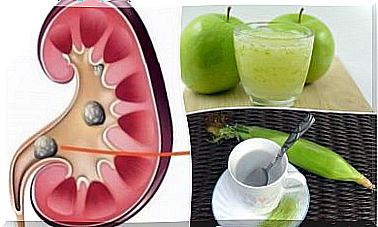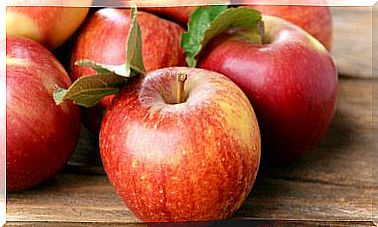11 Reasons To Eat Purple Cabbage
Purple cabbage is a food of high nutritional quality that, added to a healthy diet, can help us promote well-being. Why is it recommended? What should you know about it? Find out!
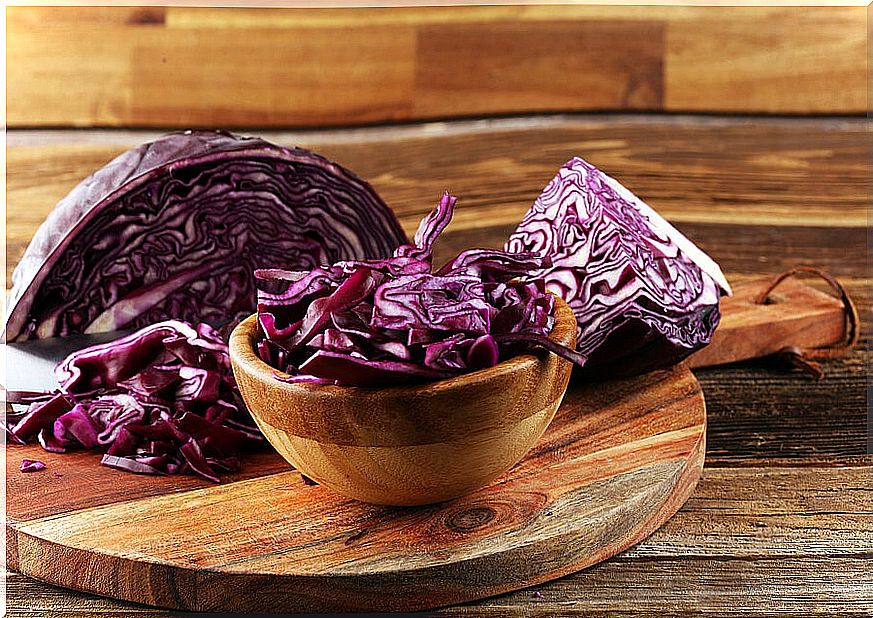
The purple cabbage, also known as red cabbage or purple cabbage, very common in the market in winter, is native to the Mediterranean area and was cultivated by the Egyptians since 2500 BC. C. It belongs to the group of Brassica plants , which includes other nutrient-rich vegetables, such as broccoli, Brussels sprouts and kale.
However, its difference with these vegetables is that they are a variety richer in plant compounds such as anthocyanins, a pigment of the flavonoid family that is distinguished by its antioxidant capacity. Still not including this food in your diet? Next, we share with you in detail 11 reasons to start consuming it on a regular basis.
1. Red cabbage is rich in nutrients
The first reason to eat more red cabbage is its interesting nutritional value. Although it is very low in calories, it provides doses of vitamins and minerals that benefit health. Specifically, as detailed by the Food and Nutrition Information Center (USDA) , each 89-gram serving provides:
- Calories: 28
- Fiber: 2 grams
- Protein: 1 gram
- Potassium: 5% of the VDR
- Thiamine: 5% of the VDR
- Carbohydrates: 7 grams
- Vitamin K: 28% of the VDR
- Vitamin B6: 11% of the VDR
- Vitamin A: 6% of the VDR
- Riboflavin: 5% of the VDR
- Vitamin C: 56% of the Recommended Daily Value (DRV)
Similarly, this food provides small amounts of other nutrients such as iron, calcium, magnesium, phosphorus, copper and zinc.
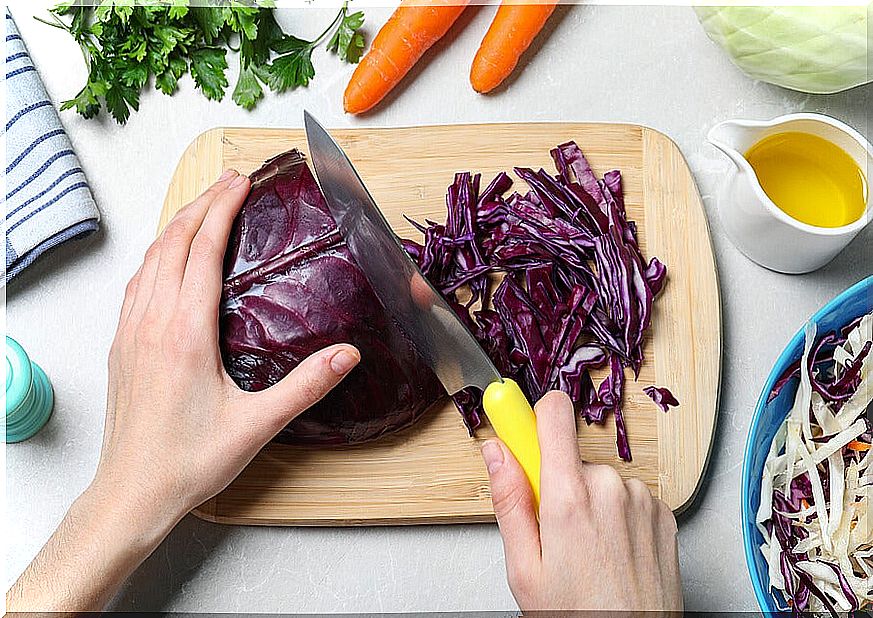
2. Promotes visual health
Eating purple cabbage supports eye health due to its zeaxanthin and lutein content . As detailed in a review of the literature published in the Archives of Biochemistry and Biophysics , these two elements are natural sunscreens that prevent the passage of UV rays towards the retina.
3. Contributes to good intestinal health
Due to its content of dietary fiber and antioxidant compounds, purple cabbage has shown favorable effects on intestinal health. In fact, a study published in the IOSR Journal of Dental and Medical Sciences found that cabbage has beneficial effects in the treatment of peptic ulcer.
4. Red cabbage contributes to good heart health
As already mentioned, purple cabbage is an important source of antiocyanins. These antioxidant action substances have shown positive effects in the protection of heart health.
As research published in Advances in Nutrition points out , anthocyanins lower the risk of cardiovascular disease, including hypertension, heart attack, and stroke.
5. Lowers cholesterol levels
Another benefit of eating purple cabbage is that it helps reduce high cholesterol and inflammatory cytokines thanks to its content of antioxidants, vitamins and minerals.
Although more evidence is required, a study published in the Journal of Agricultural and Food Chemistry determined that anthocyanin-rich red cabbage extract (MAPLE) has a protective role against induced hypercholesterolemia and against cardiac and liver oxidative stress.
6. Promotes immunity
The nutrients contained in this food are useful to stimulate the immune system and, in this way, increase the defenses. As detailed by research published in the International Journal of Molecular Sciences , this variety of cabbage helps fight inflammation and improves immune responses.
7. Helps skin health
Red cabbage juice contains high levels of antioxidants and phytochemicals, as well as vitamins C, E, and A, which help keep skin hydrated, soft and supple . In addition, according to information in Biomolecules & Therapeutics, its anthocyanins play a photoprotective role.
8. Red cabbage has anti-inflammatory properties
The anti-inflammatory properties of purple cabbage have been extensively studied and are believed to help prevent and treat various chronic diseases. For example, a test-tube study, published in Molecular Nutrition & Food Research , that used an artificial model of the human intestine found that these types of sprouts help decrease intestinal inflammation by 22-40%.
Meanwhile, other studies suggest that its anthocyanins contribute to reducing the inflammatory effects that affect chronic diseases such as obesity. Likewise, it has been linked to benefits against inflammatory diseases such as knee arthritis.
9. It can help calm breast engorgement
Although there are no totally conclusive results to date, and the evidence remains limited, it is believed that applying cabbage leaves to the breasts can help ease the symptoms of engorgement.
In a JBI Library of Systematic Reviews publication, it is suggested that cabbage leaf treatment used in women with engorgement can help relieve pain, the hardness of swollen breasts and, additionally, may increase the duration of breastfeeding.
10. Red cabbage helps regulate glucose
Red cabbage, and specifically its anthocyanins, have been linked to benefits in controlling blood glucose and preventing diabetes. A study published in the journal Nutrients concluded that dietary anthocyanins have a modulating effect on insulin resistance and, furthermore, have the potential to modulate disease states such as diabetes.
11. Healthy and strong bones
Thanks to the high content of vitamin K, purple cabbages are known to be a ally to maintain strong bones . Although more research is needed on this, there is evidence to support the role vitamin K plays in bone health.
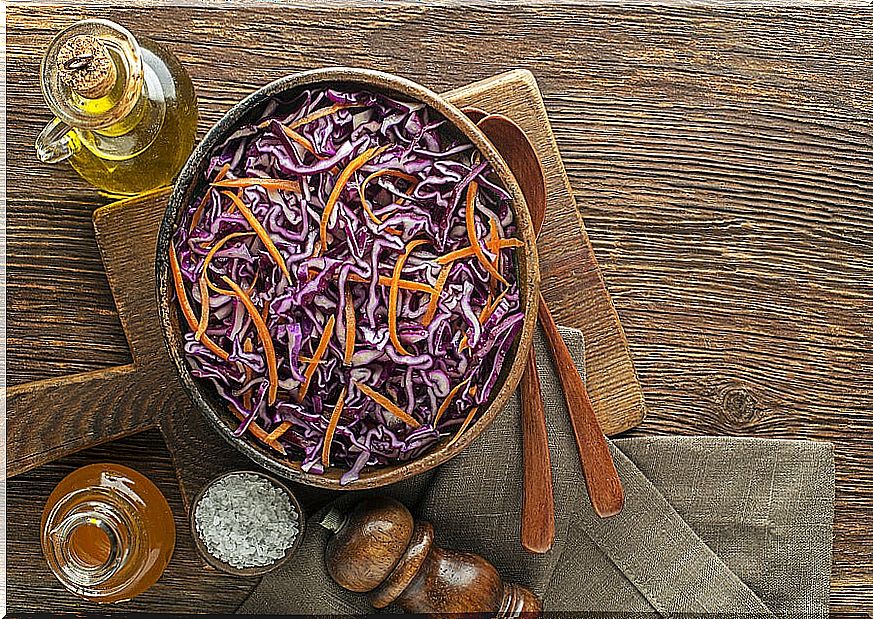
Include it in your diet!
As we can see, red cabbage or red cabbage has interesting health benefits. It is nutritious and can contribute to the prevention of various health problems, as well as adding some variety to the diet.
However, we must be aware that it is not a “super powerful” food or with miraculous effects. It is simply a good source of food that, added to a healthy diet, helps us satisfy our appetite and be healthier. Have you already tried it with some delicious cooked potatoes and a drizzle of olive oil?




